Seal Oil vs. Fish Oil
Compared to fish oil, seal oil represents a natural and complete source of Omega-3 with DPA, DHA and EPA. The molecular triglyceride structure of a mammal like the seal promotes digestion and absorption.
- Supports cardiovascular health
- Mental & cognitive health
- Fights inflammation
- Boosts immune system
- Fetal & infant development
Shop

- Supports cardiovascular health
- Mental & cognitive health
- Fights inflammation
- Boosts immune system
- Fetal & infant development
Shop
Seal oil is your best choice
Seal oil and fish oil are both a source of long-chain omega-3 fatty acids. But for your money—and for your health—seal oil is a better choice, for several reasons. It comes down to better absorption, a more complete fatty acid profile, and 100% natural purity and stability.
#1 Fatty acid profile
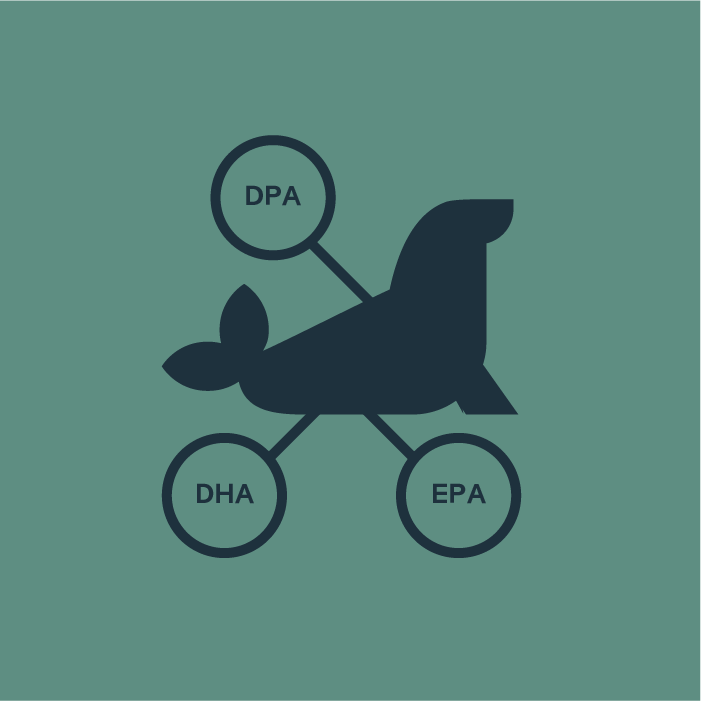
Complete
Seal oil contains three omega-3 essential polyunsaturated fatty acids: DPA,EPA and DHA. Each of these omega-3s has distinct advantages:
- EPA: Supports cardiovascular health, reduces joint inflammation, and lowers cholesterol
- DHA: Boosts brain function, supports fetal health, helps combat mood disorders, and improves ocular health.
- DPA: Repairs damaged vessels, optimizes omega-3 intake, boosts absorption of EPA and DHA.
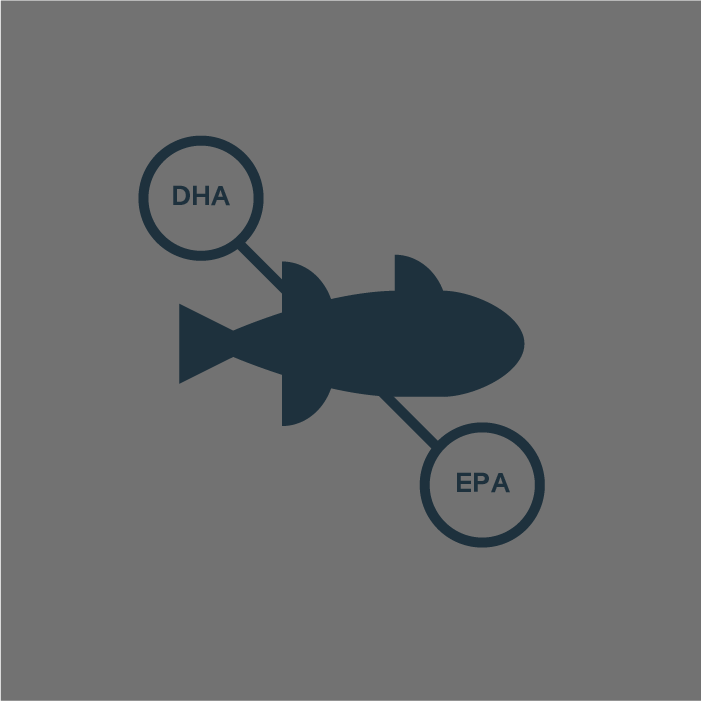
Incomplete
Fish oil just does pack the same nutritional punch as seal oil! It can’t—it lacks a critical omega-3 your body needs. It contains only DHA and EPA and little or no DPA.
But DPA is critical—not only does it offer unique and specific benefits, it also optimizes the body’s use of DHA and EPA. DPA is the missing puzzle piece that you cannot find in a considerable amount in most fish oil.
#2 Natural vs. artificial
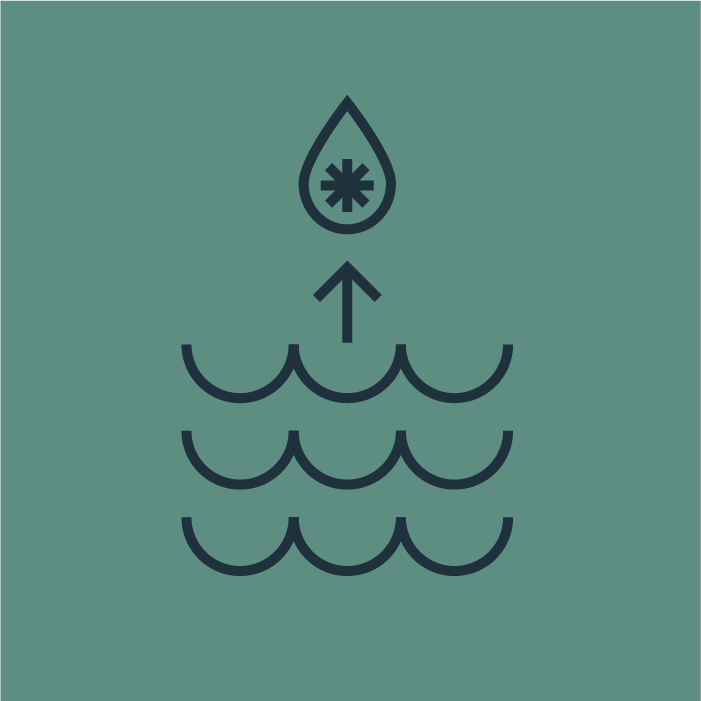
Natural
Thanks to DPA, no need to increase Omega-3 levels artificially. All-Canadian seal oil comes from the pristine, cold, clear ocean waters of northern and eastern Canada, and is free from added hormones, pesticides, or other additives. Prior to packaging for market, seal oil is refined to ensure no environmental toxins or impurities are present—but the chemical structure remains unaltered.
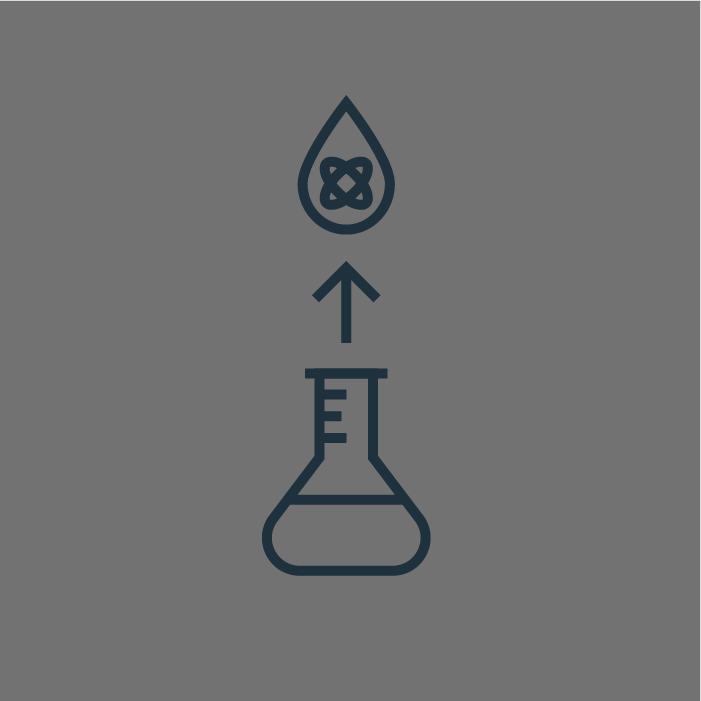
Chemically altered
Fish oil concentrates are often chemically altered to increase Omega-3 levels and to make it more digestible by the human system. This results in artificially boosted concentration, but not boosted efficacy. The process can reduce product stability and increase the likelihood of oxidation.
Fish oil supplements may also bring on the joys of “fishy burps”—a result of industrial processing that alters fish oil at the molecular level. Seal oil does not have the same effect.
#3 Absorption

Easily absorbed
Seals are mammals, just as we are. The fatty acids found in seal oil are identical in structure to those in humans. As a result, seal oil is absorbed efficiently, for optimal results. This means fast digestion and no “fishy burps.”

“Sit” in the stomach
Fish physiology is substantially different than that of mammals, and the triglycerides in fish oil are unfamiliar to the human system. Fish oil is slower to be absorbed and can “sit” in the stomach resulting in “fishy burps”. Fish physiology is significantly different than that of humans, and fish oil is, not surprisingly, not as quickly or easily assimilated.
#4 Cholesterol
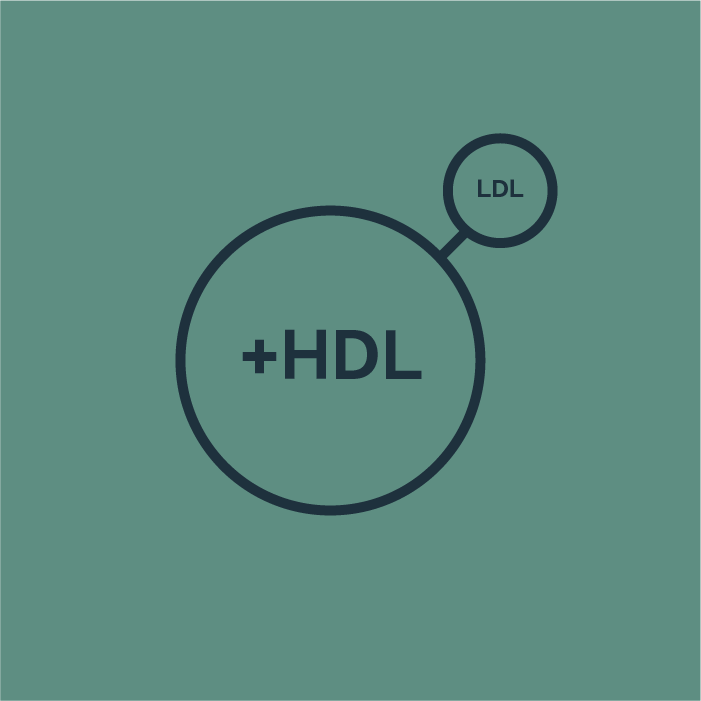
Increases HDL
You’ve likely heard about “good” and “bad” cholesterol. Seal oil has a healthy balance between the two, heavily in favour of HDL (good) cholesterol, with a smaller proportion of LDL (bad) cholesterol. This ratio is ideal for the health of your heart and circulatory system and is proven to reduce the risk of blood clots.
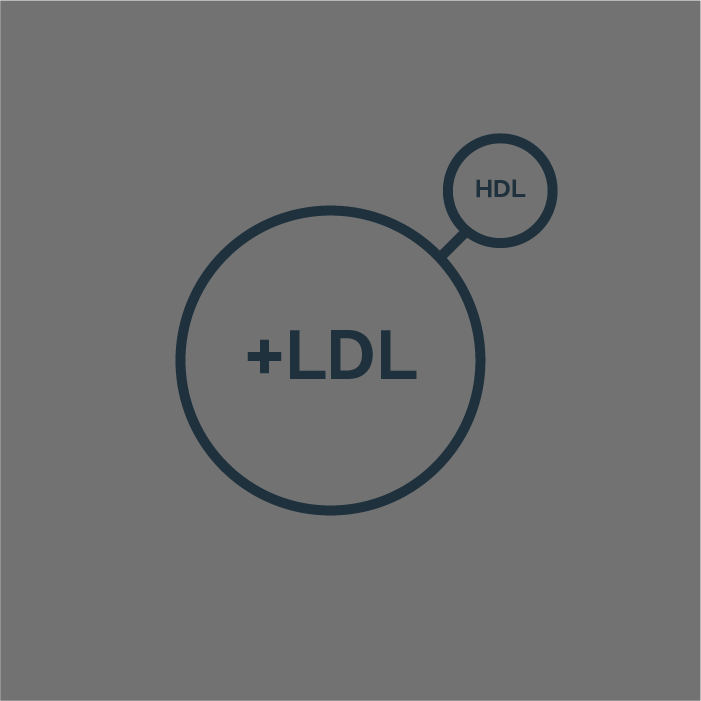
May increase LDL
Fish oil, on the other hand, has higher levels of LDL cholesterol, which may be an issue for anyone who struggles with LDL cholesterol levels in the body. It also has the potential to increase the risk of clotting.
#5 Origin

100% Canadian
All-Canadian seal oil comes from the pristine, cold, clear ocean waters of northern and eastern Canada. The product is sourced from an abundant population of free-living, wild animals, and directly rendered from seal blubber.

Sourced globally
Fish oil is sourced globally from various fisheries and aquaculture operations with unknown environmental impact. Most of the fish oil on the market comes from Peru or Chile, where different fish parts are cooked, and the oil is separated out.
Seal oil in a nutshell
Seal oil is a must for many reasons. In addition to being a natural and sustainable product, it contains DPA which is essential for your body. It also allows optimal absorption because it’s easily accepted by the human body which improves digestion.
Moreover, it is a local product since it is harvested and processed right here in Canada. Finally, it preserves purity because it is not chemically altered like most Omega-3s on the market. If you want to know more about why you should consume seal oil, check out our page: Why should we consume seal oil?
Pure Omega-3 Oil
Seal oil is a complete source of Omega-3 (DPA + DHA + EPA) with optimized absorption given its mammalian molecular structure.
Seal Oil
Unique Natural Fur & Leather
Seal fur and leather is a very versatile textile used in multiple applications such as accessories, footwear, outerwear and home decor.
Seal Fur & Leather
Wild Canadian Meat
Seal meat represents an excellent source of protein and is high in iron, zinc, magnesium and vitamin B-12. This wild game meat is free from antibiotics and added hormones.
Seal Meat